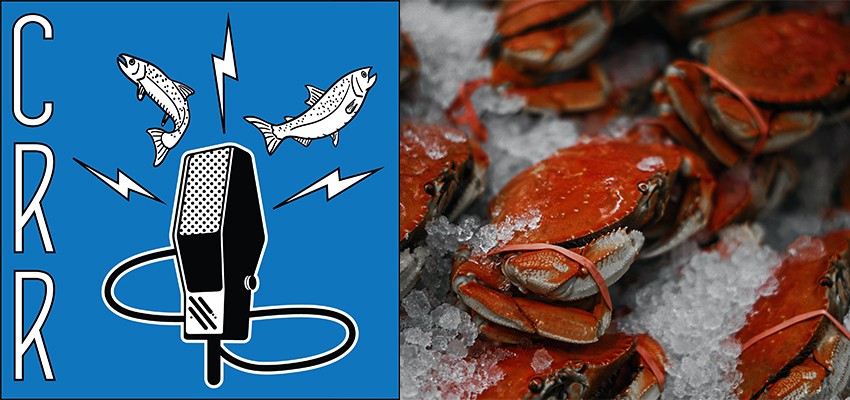Social FISHtancing: Geography researchers' podcast highlights changing seafood economy

A group of researchers from the Department of Geography, Environment and Geomatics are sharing stories about the COVID-19 pandemic's impact on North American fisheries through a new podcast series.
In 2019, professor Philip Loring and postdoctoral scholar Hannah L. Harrison launched Coastal Routes, a platform and research network that shares stories of "coastal resilience and innovation from around the world," with the mission of "supporting verdant, sustainable, and just coastal livelihoods and places."
One storytelling outlet has been Coastal Routes Radio, a podcast focusing on communicating peer-reviewed research related to fisheries and coastal communities.
Now, during the outbreak of COVID-19, Loring and Harrison are joined by geography MA student Emily De Sousa for "Social FISHtancing." In this new podcast series, the researchers interview fishers about how their livelihoods have been affected by the pandemic.
The widespread closures of restaurants have significantly reduced the customer base for most fisheries. Economic pressures have forced fishers to find innovative ways to sell their catch directly to consumers.
Loring, Harrison, De Sousa and University of Maine professor Joshua Stoll recently summarized their observations of ways community fisheries are weathering the storm caused by the pandemic in an article for The Conversation Canada.
The authors explain: "community-supported fisheries, or CSFs, are locally operated and organized individuals or groups of fishers who have opted out of mainstream ways of getting seafood into stores. Instead, they take over the entire supply chain: they catch it, clean it and, in many cases, distribute it right to your door."